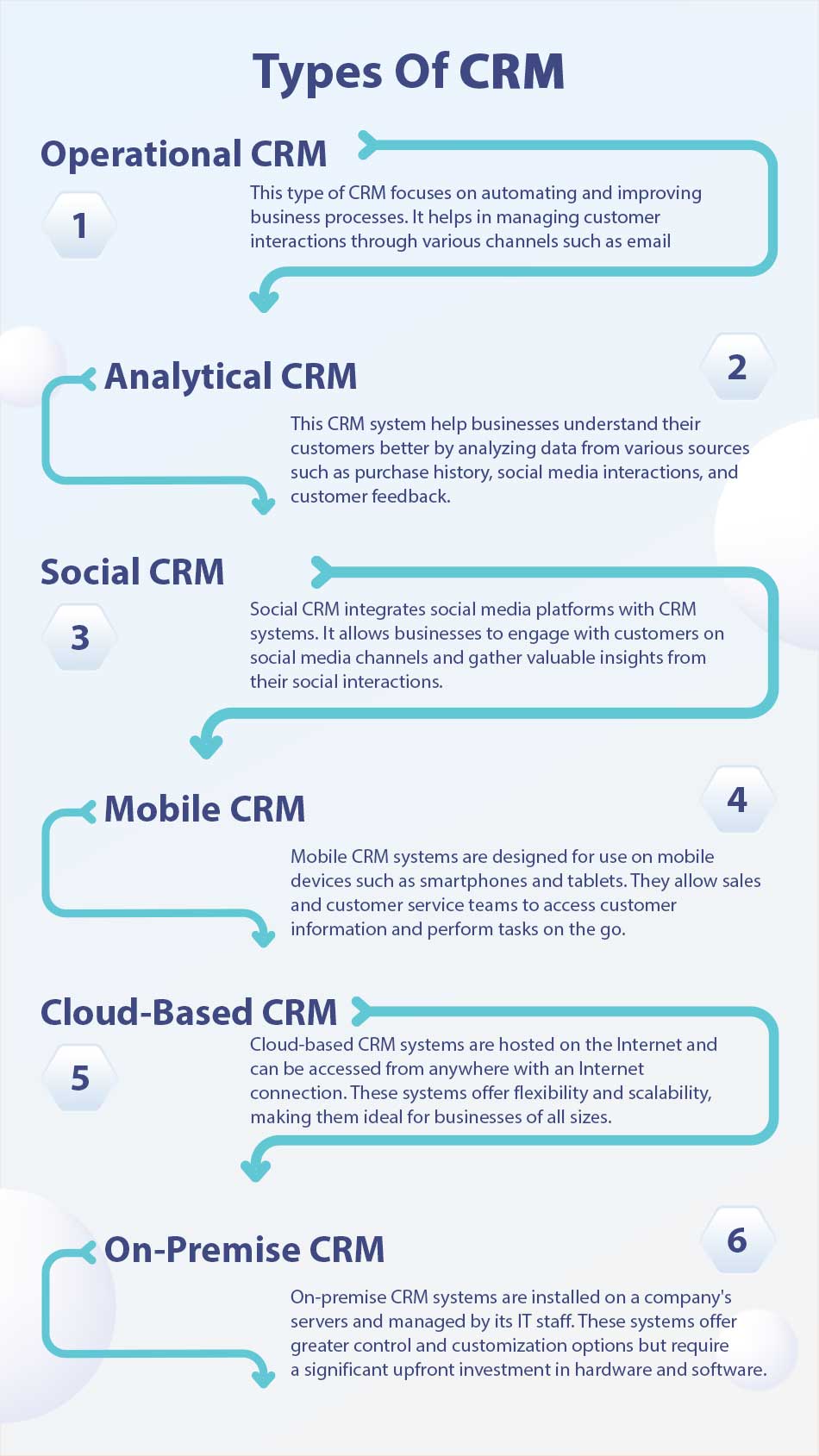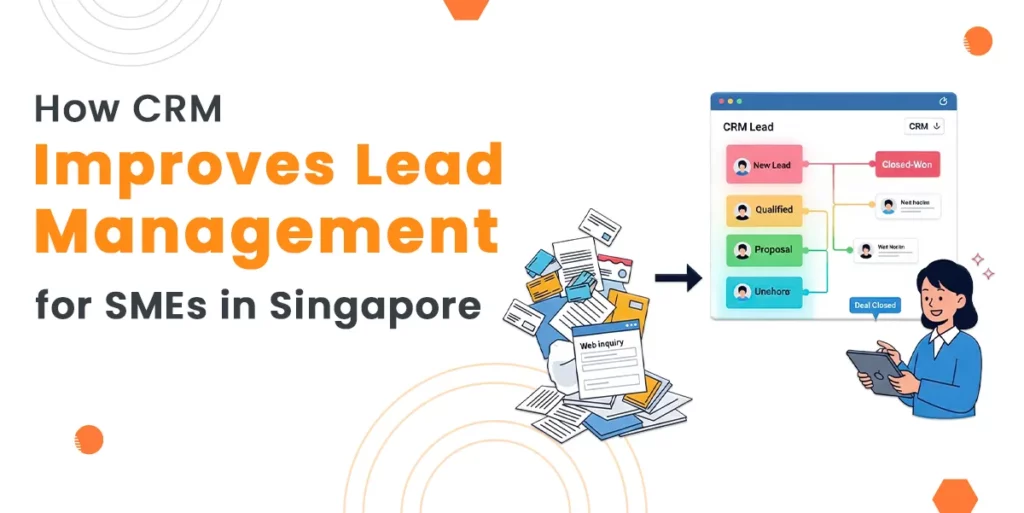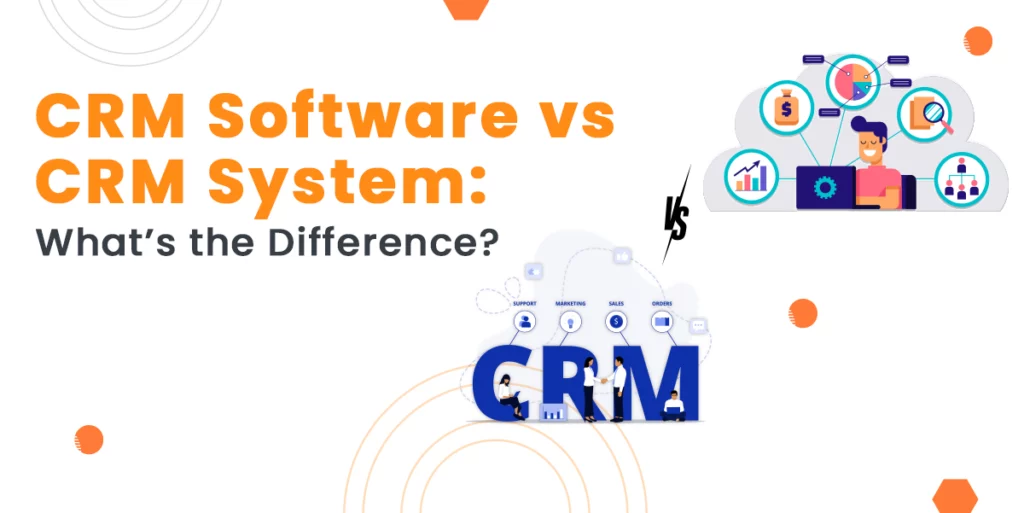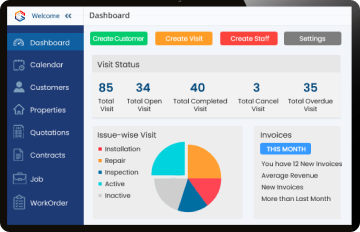Customer Relationship Management, commonly referred to as CRM, is a strategy businesses use to manage interactions with customers. It helps build stronger relationships, improve customer experiences, and boost profitability. In today’s competitive world, understanding customers is key. CRM allows businesses to organise, track, and manage customer data effectively.
At its core, CRM revolves around improving relationships. It focuses on creating seamless communication between businesses and customers. This ensures customers feel valued, heard, and understood. Whether you run a small shop or a large corporation, managing customer relationships is vital to long-term success.
Why Customer Relationships Matter
Good customer relationships are the backbone of any successful business. People prefer to buy from companies they trust. A loyal customer is more likely to return, recommend your services, and stay engaged. This loyalty doesn’t happen by accident. It comes from understanding their needs and meeting expectations consistently.
Building trust begins with listening. Every interaction with a customer is an opportunity to learn something new. What do they need? What challenges do they face? CRM helps businesses answer these questions and take action. When done right, it fosters loyalty and keeps customers coming back.
Understanding CRM Beyond the Basics
CRM is more than just a system or software. It’s a mindset. It encourages businesses to put customers at the heart of everything they do. Companies that focus on customers often outperform competitors. The reason? They understand what their audience wants.
Businesses gather data about customers, such as:
- Past purchases
- Contact details
- Communication history
- Customer preferences
By keeping this information organised, businesses can personalise their service. For example, if a customer calls with an issue, their purchase history can help resolve it faster. CRM ensures businesses stay connected and relevant to their audience.
Types Of CRM Technology

There are several types of CRM technology, each serving a different purpose. Let’s take a look at some of the most common types:
- Operational CRM: Focuses on automating and improving customer-facing processes like sales, marketing, and customer service. It streamlines day-to-day operations to enhance efficiency and customer satisfaction.
- Analytical CRM: Helps businesses analyse customer data to gain insights into behaviour, preferences, and trends. These insights guide decision-making, allowing businesses to personalise strategies and improve performance.
- Collaborative CRM: Designed to improve communication between different teams within a business and enhance interactions with customers. It ensures all departments have access to the same customer information for a seamless experience.
- Cloud-based CRM: Hosted online, this type of CRM allows businesses to access customer data from anywhere. It’s cost-effective, easy to implement, and ideal for small businesses.
- On-Premise CRM: Installed on a company’s servers, this CRM gives businesses full control over their data. It’s suitable for organizations with strict security and customization needs.
- Mobile CRM: Provides access to CRM tools on mobile devices, enabling teams to manage customer relationships on the go. It’s particularly useful for sales teams and remote workers.
How Does CRM Work?
The process behind CRM is straightforward. It involves collecting and analysing customer data to improve communication. Here’s a simple breakdown:
- Data Collection: Businesses gather information through emails, calls, social media, and transactions. Every touchpoint matters.
- Organisation: The collected data is stored in one place for easy access. This prevents scattered information.
- Analysis: Businesses review the data to understand customer behaviour and needs.
- Action: Based on these insights, they create strategies to improve interactions and services.
Imagine a customer calling to inquire about an order. Without CRM, finding their details could take time, leaving the customer frustrated. With CRM, the information is available instantly, making it easy to assist. This saves time, improves efficiency, and enhances satisfaction.
Benefits of Using CRM
- Better Customer Service
Customer satisfaction is the key to business growth. CRM allows businesses to respond quickly and efficiently. Whether a customer has a question or a complaint, solutions are delivered faster.
- Improved Customer Retention
Keeping existing customers is more cost-effective than attracting new ones. CRM helps businesses stay in touch, sending reminders, offers, and updates to keep customers engaged.
- Increased Sales
By understanding customer needs, businesses can recommend products or services that suit them. Personalised communication leads to better sales and stronger relationships.
- Enhanced Communication
Clear communication is essential in building trust. CRM ensures that every team member can access the same customer information. This avoids confusion and ensures consistency.
- Efficient Processes
With everything stored in one place, businesses save time searching for details. Teams work more efficiently, leading to better productivity.
- Stronger Relationships
A personal touch goes a long way. CRM allows businesses to remember details like birthdays or preferences. Small gestures make customers feel valued.
Who Can Use CRM?
CRM isn’t just for big companies. Any business that interacts with customers can benefit from it. This includes:
- Small businesses
- Retail stores
- Service providers
- Freelancers
- Enterprises
For small businesses, CRM helps manage growth. It makes it easier to keep track of loyal customers as the business expands. For large companies, it ensures every department stays aligned with customer needs.
CRM in the Digital Age
Technology has made managing relationships even easier. Today, businesses interact with customers through emails, social media, websites, and calls. Each interaction is an opportunity to collect information and build trust.
With everything digital, staying organised is crucial. CRM keeps everything connected. If a customer interacts with your business on social media, their preferences can inform your next email campaign. This ensures communication stays consistent and relevant.
For example, an online clothing store might notice a customer frequently buys summer wear. When a new summer collection arrives, they can send a personalised email. This not only improves the customer experience but also boosts sales.
Key Features of CRM Tools
CRM tools simplify managing customer data. Some key features include:
- Contact management: Stores customer details in one place.
- Sales tracking: Tracks purchases and orders.
- Customer support: Resolves issues faster.
- Reporting: Helps businesses analyse data and improve strategies.
These tools streamline processes, saving businesses time and effort. They also ensure no customer falls through the cracks.
5 Tips on Selecting CRM for Small Businesses
Choosing the right CRM for your small business is crucial to managing relationships effectively. Here are five tips to guide your decision:
- Start by understanding what you want to achieve with a CRM, whether it’s improving customer service, streamlining sales, or enhancing communication.
- Look for a system that’s user-friendly and easy to adopt so your team can start using it without extensive training.
- Choose a solution that offers scalability, allowing your CRM to grow with your business as you add more users or features.
- Ensure the CRM integrates seamlessly with tools you already use, like email marketing platforms, accounting software, or social media channels.
- Compare pricing plans to find a solution that fits your budget while delivering the features you need. Take advantage of free trials to test options before committing.
How much does a CRM cost?
The cost of CRM systems can vary widely depending on the type of system and the features it offers. Generally, there are three main cost components to consider: software, implementation, and maintenance.
- Software Costs: The price of CRM software can range from free for basic versions to several hundred dollars per user per month for advanced systems. Cloud-based CRM systems typically charge a monthly subscription fee, while on-premise systems may require a one-time purchase.
- Implementation Costs: Implementing a CRM system can involve significant expenses, including the cost of customization, data migration, and training. Customization may be necessary to tailor the system to a company’s specific needs, while data migration involves transferring existing customer data into the new CRM system. Training ensures that employees know how to use the system effectively.
- Maintenance Costs: Maintenance costs include ongoing expenses for system updates, technical support, and any additional customizations. Cloud-based CRM systems usually include maintenance in their subscription fees, while on-premise systems may require separate maintenance contracts.
Challenges Businesses Face Without CRM
Without CRM, businesses risk losing track of important details. Customers might feel undervalued if they have to repeat information multiple times. Poor communication leads to frustration, which can hurt a business’s reputation.
Missed opportunities are another challenge. Without proper insights, businesses might fail to identify customer needs. This impacts growth and profitability.
The Future of CRM
As customer expectations evolve, so will CRM strategies. Businesses will focus more on personalisation and building deeper connections. Technology will play a bigger role in improving communication.
However, the core principle remains the same: understanding and valuing customers. Businesses that master this will continue to thrive.
Final Thoughts
Customer Relationship Management is a vital part of modern businesses. It allows organisations to build trust, improve experiences, and grow sustainably. By keeping customers at the centre, businesses can strengthen relationships and stay ahead of the competition.
Whether you’re running a local shop or a large enterprise, managing relationships effectively makes all the difference. After all, happy customers are the foundation of success.
In a world full of options, customers will choose businesses that care. CRM ensures that every interaction leaves a positive impression. Businesses that value their customers will always stand out.







